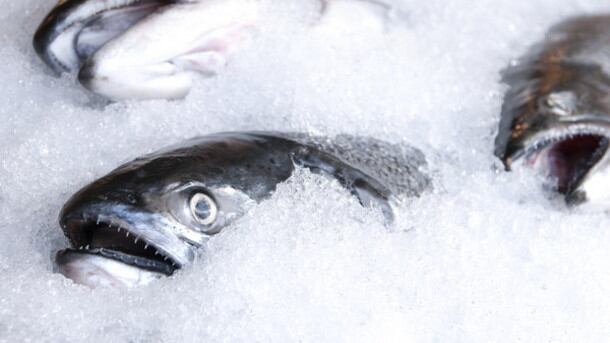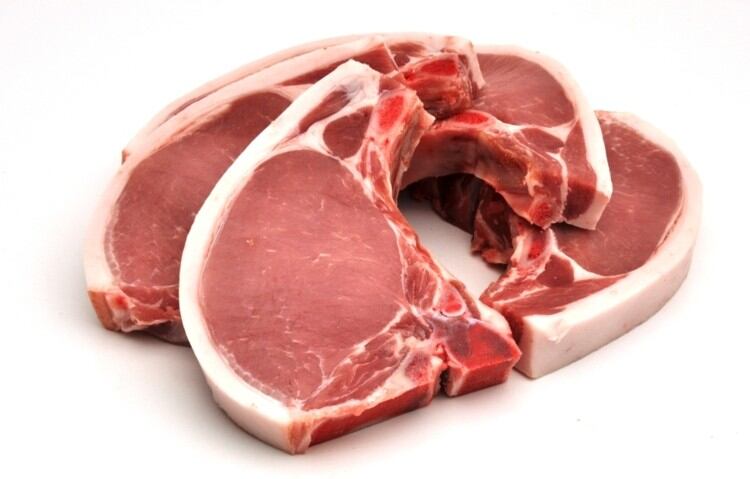Foodservice suppliers could be last in line when it comes to M&A activity, according to Mark Lynch, partner at Oghma.
The industry had been split in two, he said. Suppliers to retailers had been buoyed by the initial wave of panic-buying and increased at-home eating. Meanwhile, foodservice suppliers’ orders had dropped to zero after customers closed their doors.
While Lynch admitted that this division was an oversimplification, it generally held true that suppliers to the foodservice industry had taken a beating thanks to COVID-19.
Closing down sites
These manufacturers would close down or come close to closing down factories in a bid to cut costs. This urge to save money would likely drive manufacturers to apply for Government-guaranteed loans offered in the wake of the coronavirus pandemic.
However, with the sheer number of loan applicants and a significantly reduced headcount in banks, Lynch predicted many businesses would be unable to access this form of life support and would therefore fold.
“The only way this could be avoided, and it is probably already too late for some, is for the Government to provide 100% loan guarantees and for the banks to simply deposit loans funds, on asking, into the requestors’ bank account,” he added.
Private equity could be the saviour of the businesses at risk, but Lynch reckoned it was unlikely for even the biggest risk-takers to invest in these businesses during such an uncertain time. During this “first wave” of financial crisis during the outbreak, there wouldn’t be a lot of incentive to support failing food and drink manufacturers.
It was during the second financial wave – the period directly after the lockdown ended and the economy returned to normal – that Lynch predicted acquisitions would start to rise again.
The survivors
“For those businesses that survive, they are likely to be burdened with much higher debt levels than pre-crisis and, for some, these debt levels will be impacting the ability to operate and pursue their strategic plans,” Lynch continued.
“At this juncture, we see private equity likely to play a role – greater certainty will have returned, lending on leverage deals will be easier, risk reduced.”
However, businesses owners that made it through the coronavirus would still face the issue of the value of what they owned. While buyers and investors would have renewed interest, that was not to say the price they would be willing to pay would reflect pre-coronavirus evaluations.
As Lynch explained: “Sellers will want to sell on the back of their pre-COVID-19 estimates and buyers will want to invest on the post-COVID-19 numbers. This value gap will be a challenge to overcome.
“As ever, some give or take should get a deal done. Sellers will need to realise that the world has changed, risk has risen and any post COVID-19 recovery is likely to take time.”




